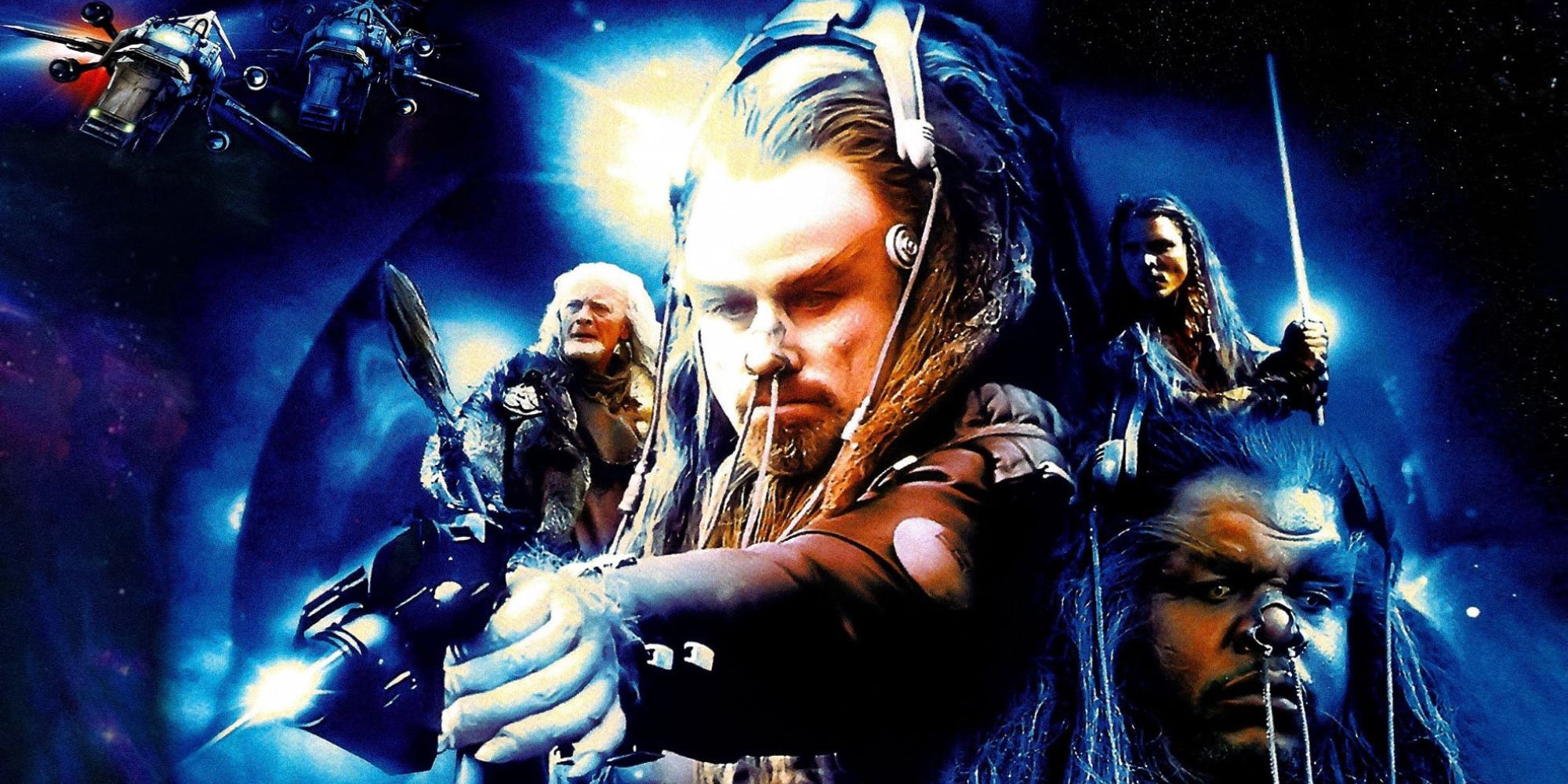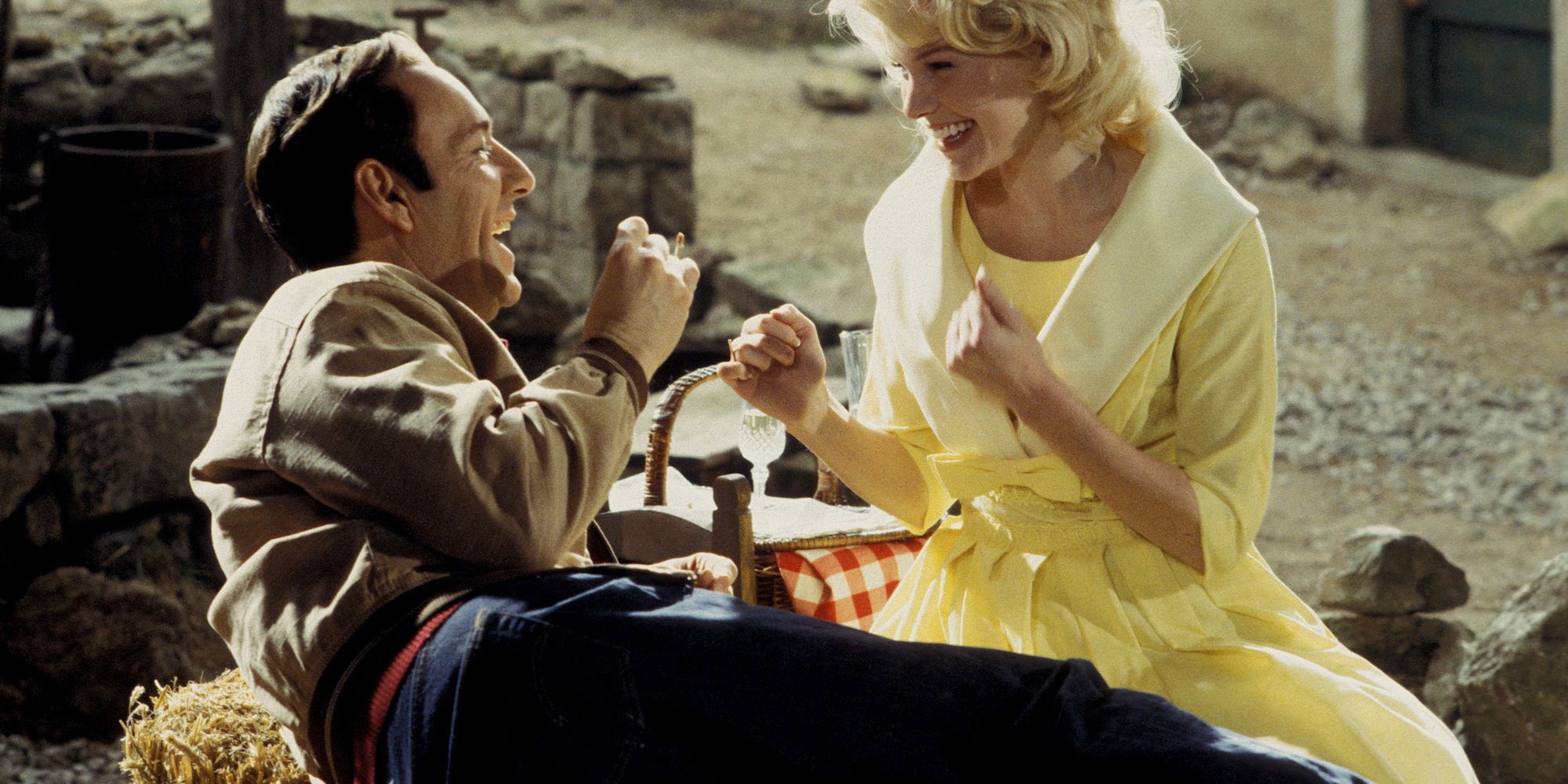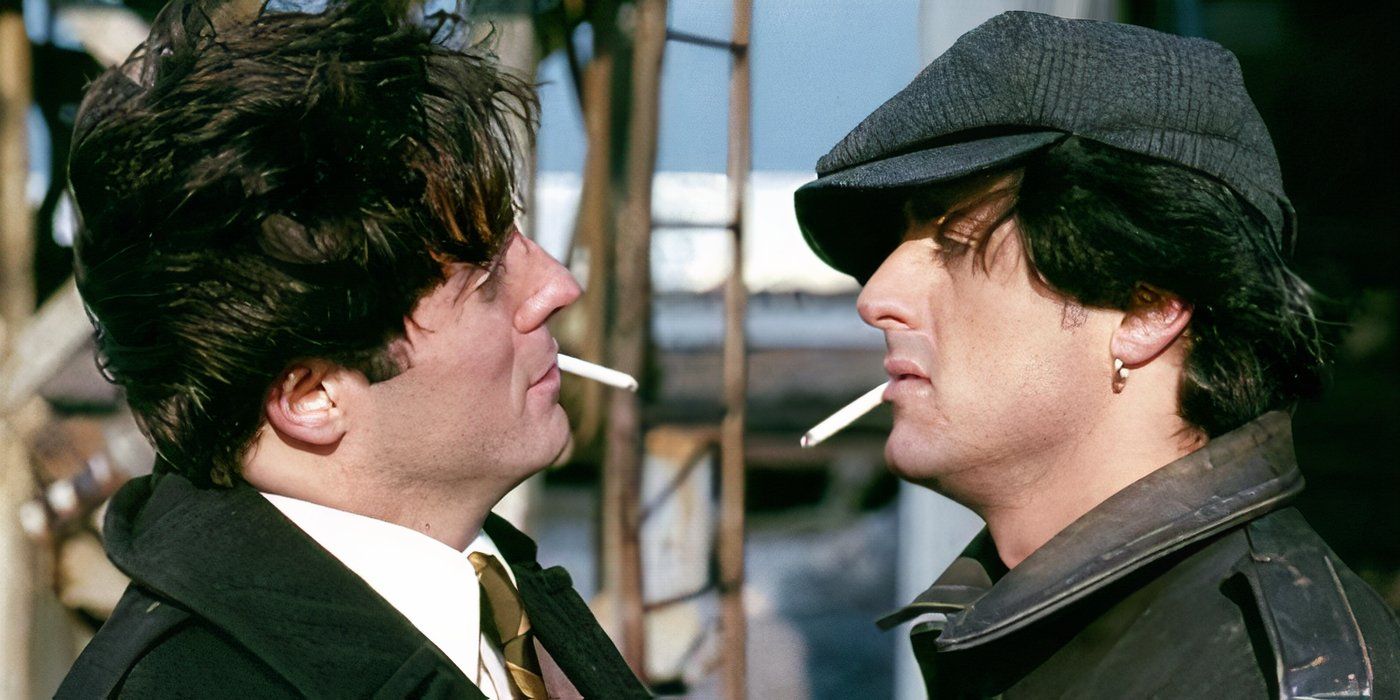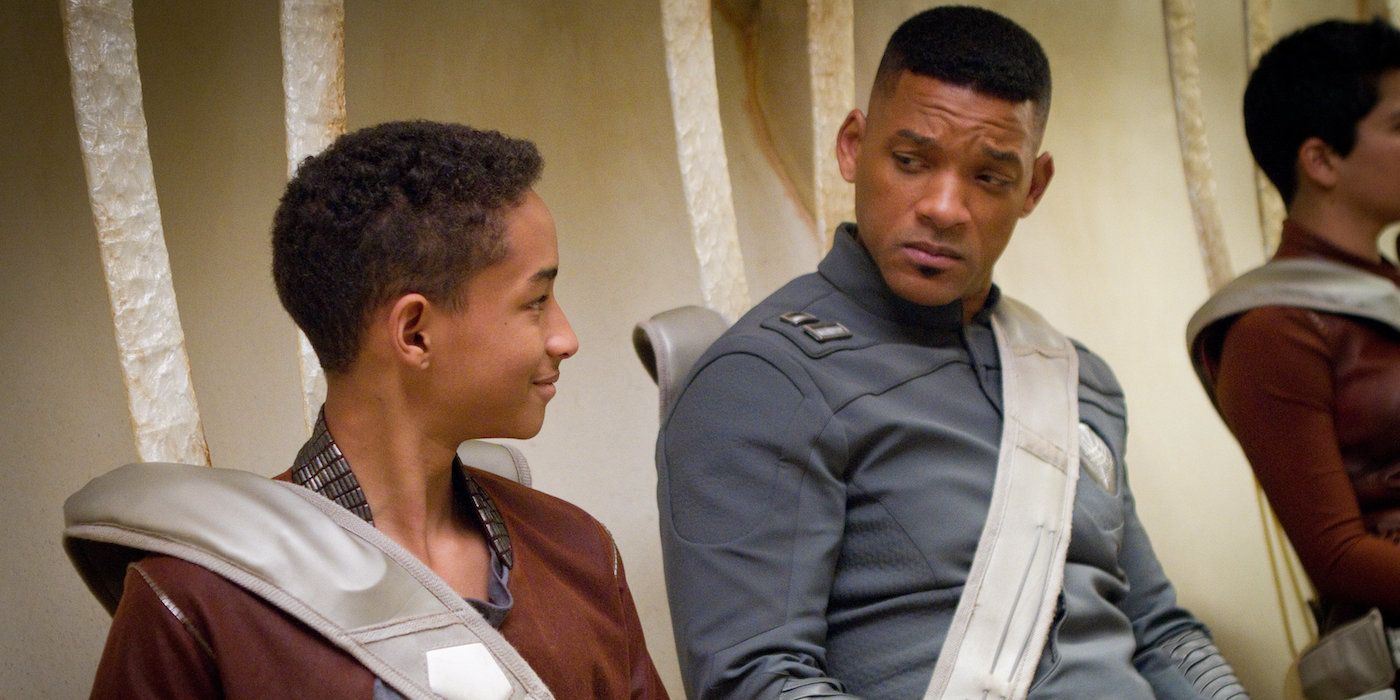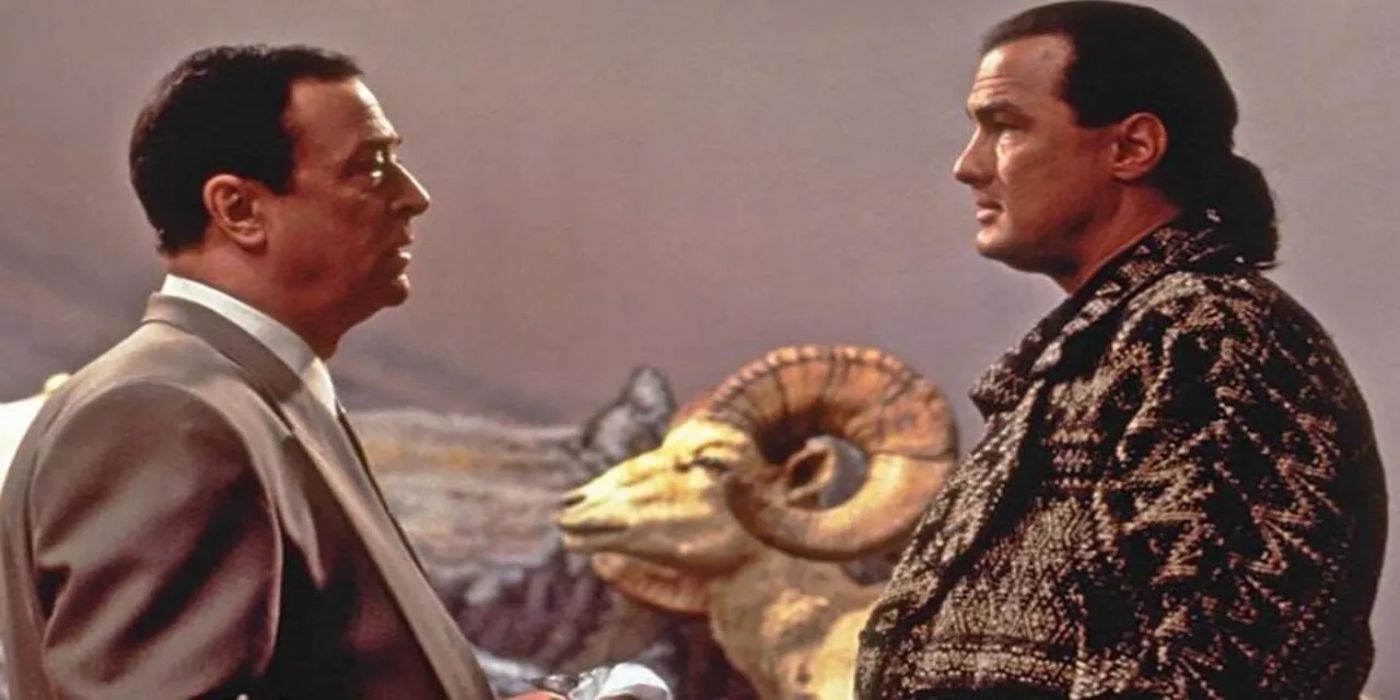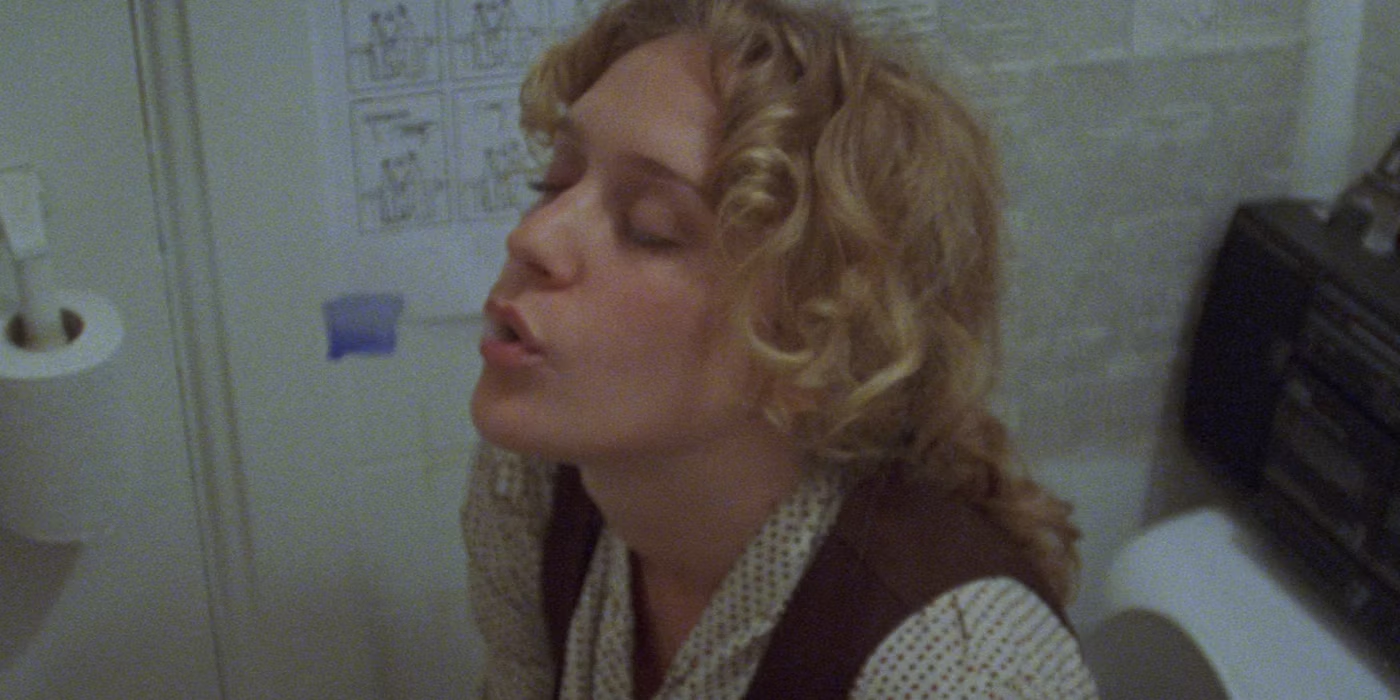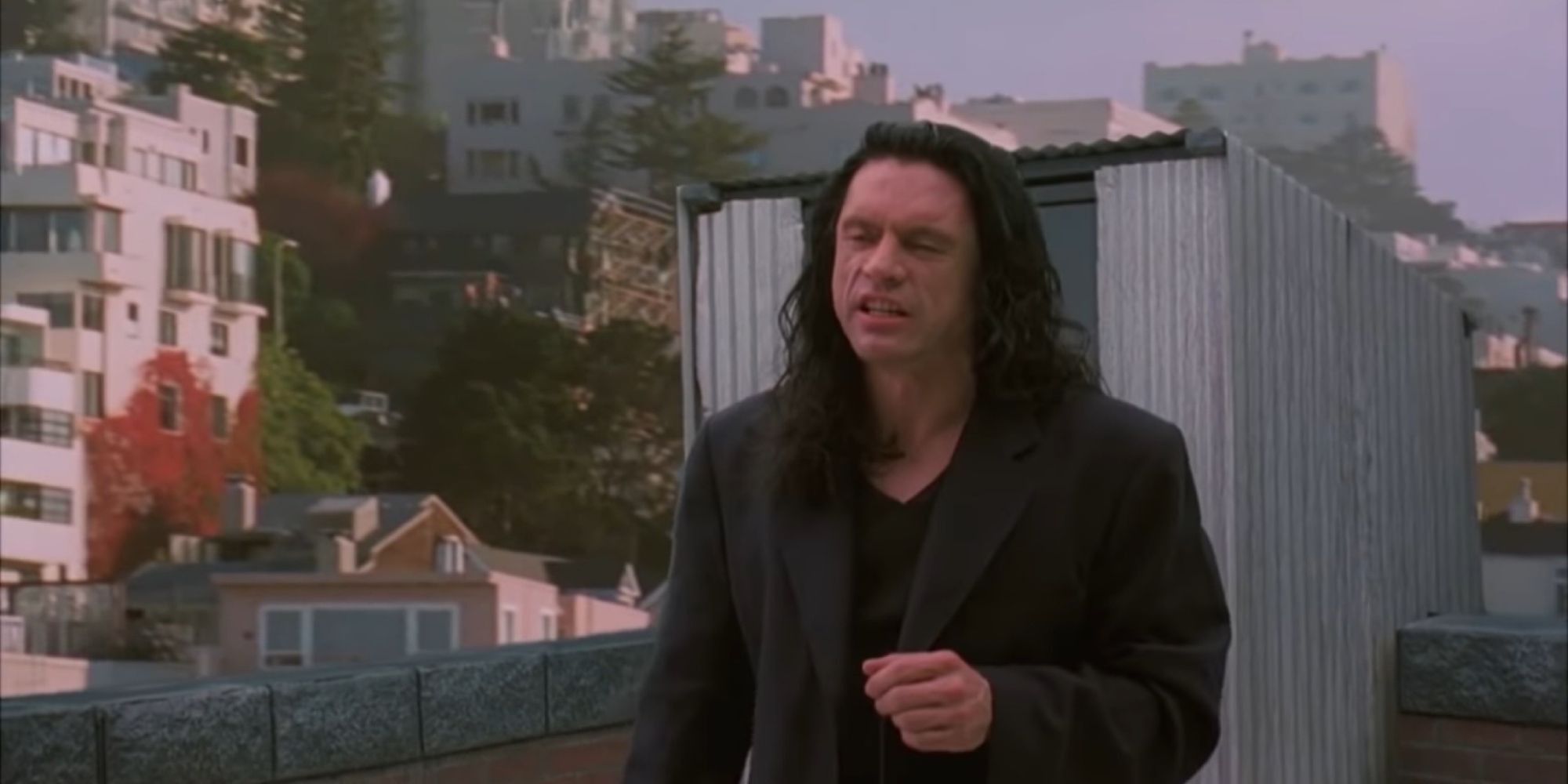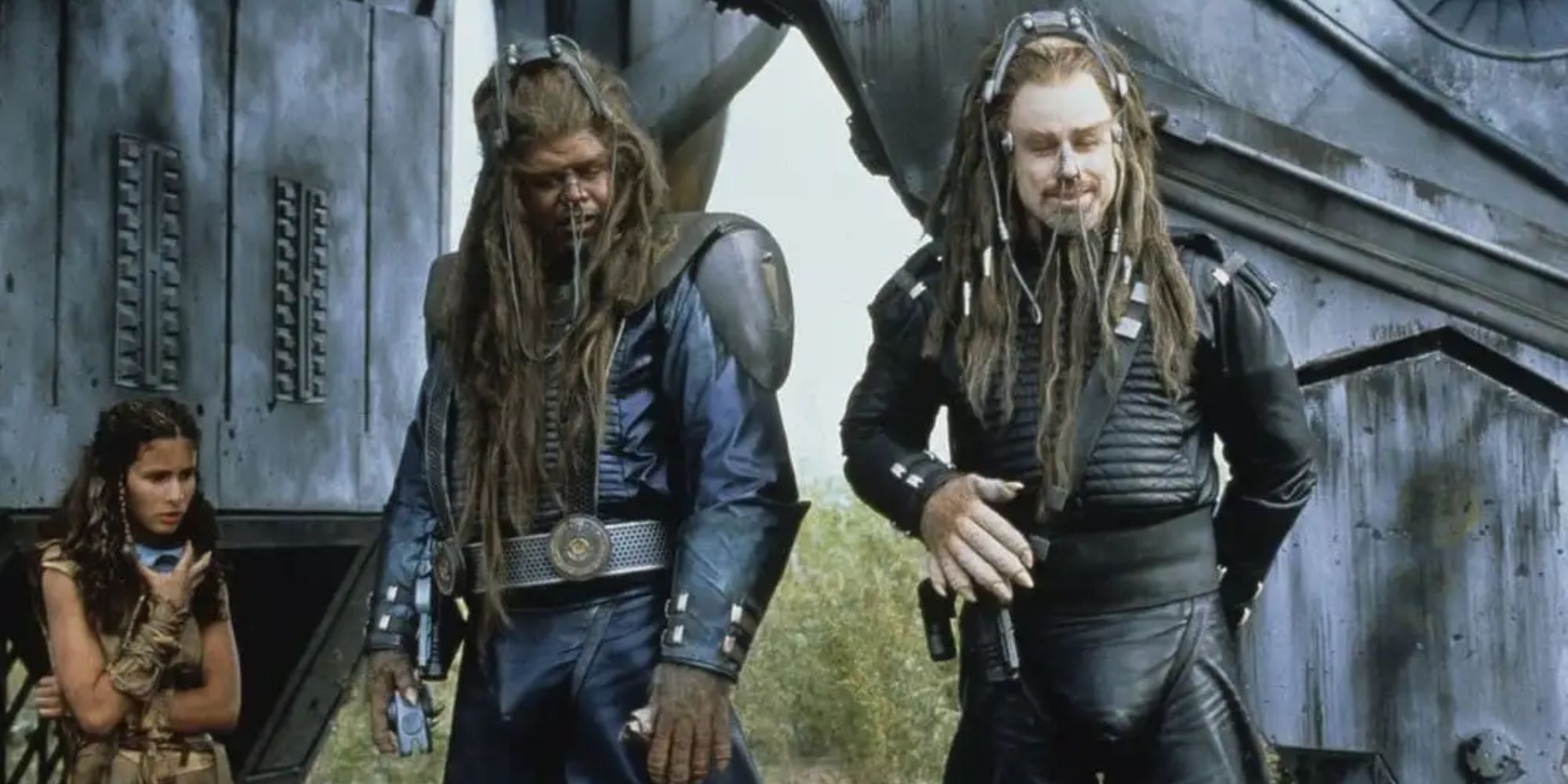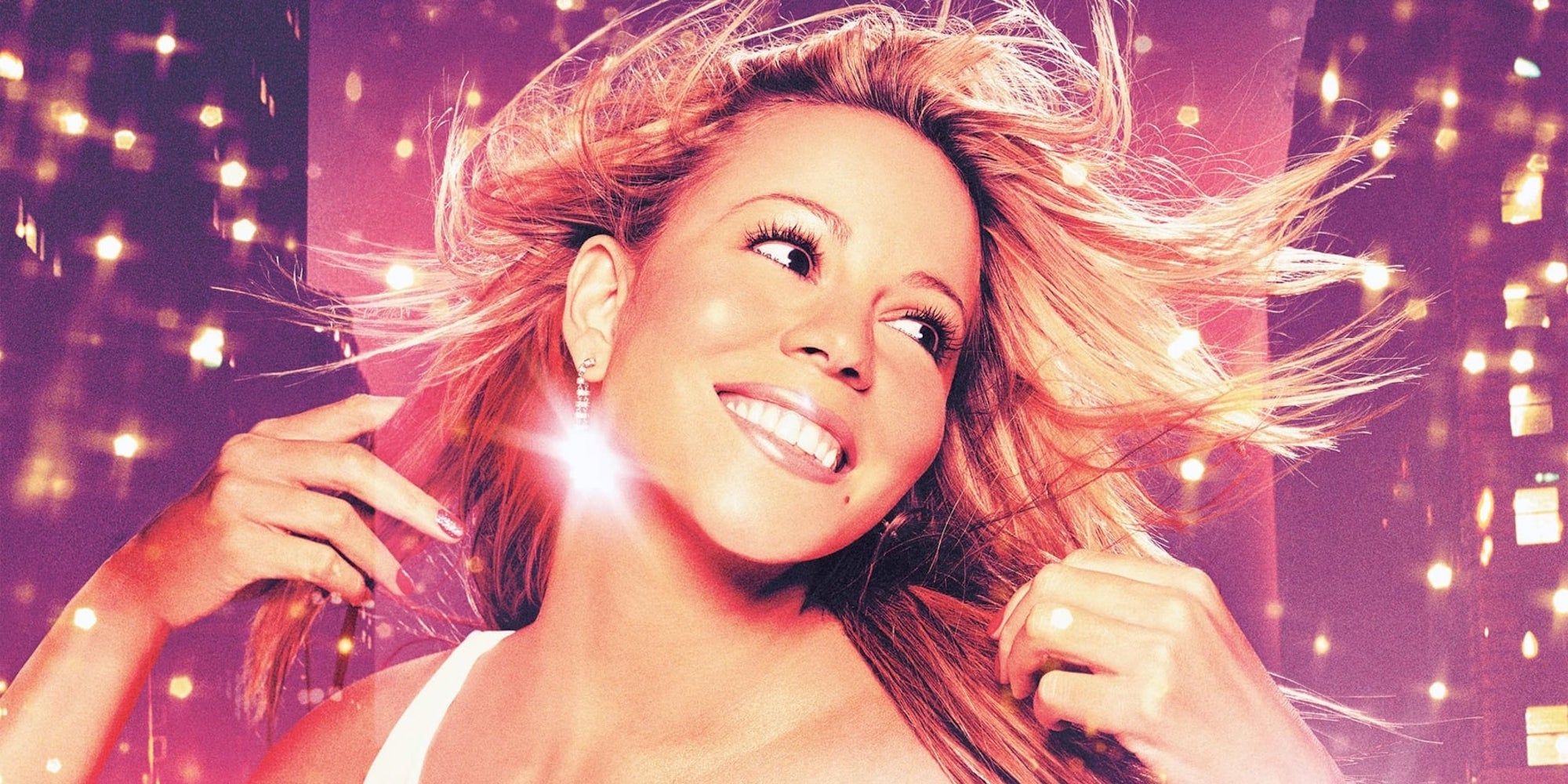Vanity projects are movies created to showcase a single individual’s talents, vision, or ego. While some vanity projects manage to achieve artistic or commercial success, others falter spectacularly, weighed down by self-indulgence and a lack of critical oversight. These films reveal the pitfalls of unchecked creative control, with their creators failing to recognize the line between ambition and overreach.
With this in mind, this list highlights ten of the most infamous cinematic vanity projects. From misguided biopics to overblown action flicks, these films serve as cautionary tales about the limits of ego and the importance of collaboration in filmmaking. While some have gained cult followings for their sheer audacity, others are simply abysmal.
10 ‘Beyond the Sea’ (2004)
Directed by Kevin Spacey
“I’m not Bobby Darin—I’m bigger than him!” In Beyond the Sea, Kevin Spacey directs, co-writes, produces, and stars as Bobby Darin, an iconic singer-songwriter of the 1950s and ’60s. The film chronicles Darin’s rise to fame, his health struggles, and his tumultuous personal life, but Spacey’s overbearing presence overshadows the story. At 45 years old, the star’s portrayal of a young Darin feels forced, and his insistence on performing all the musical numbers himself only adds to the self-indulgence.
While Spacey’s passion for Darin’s legacy is plain to see, his direction lacks focus, veering between surreal musical numbers and overwrought drama. Similarly, the central performance is showy and overly sentimental, ultimately coming across as pandering and simplistic. It reduces a complex, three-dimensional person to a caricature. This probably explains why Beyond the Sea was such a box office bomb, grossing just $8.4m against a $25m budget.
9 ‘Paradise Alley’ (1978)
Directed by Sylvester Stallone
“We’re not just fighting—we’re making history.” Sylvester Stallone has made a number of vanity projects over the years, like Staying Alive and even, to some extent, Rocky. The worst of them is probably Paradise Alley, which he wrote, directed (in his feature debut), and starred in. It’s a melodrama about three brothers navigating the world of professional wrestling in 1940s New York, clearly an attempt to repeat Rocky‘s success. While the premise had potential, the finished product is weighed down by Stallone’s heavy-handed direction and uneven script.
The film struggles to balance its gritty setting with its dewy-eyed tone, resulting in awkward transitions between comedy and drama. Stallone’s performance as the fast-talking Cosmo lacks the charisma that made Rocky Balboa so endearing, and the supporting characters feel underdeveloped. Despite its sincere intentions, Paradise Alley is fundamentally boring. It represents Stallone’s vision at its most unfiltered, without constraints or second opinions.
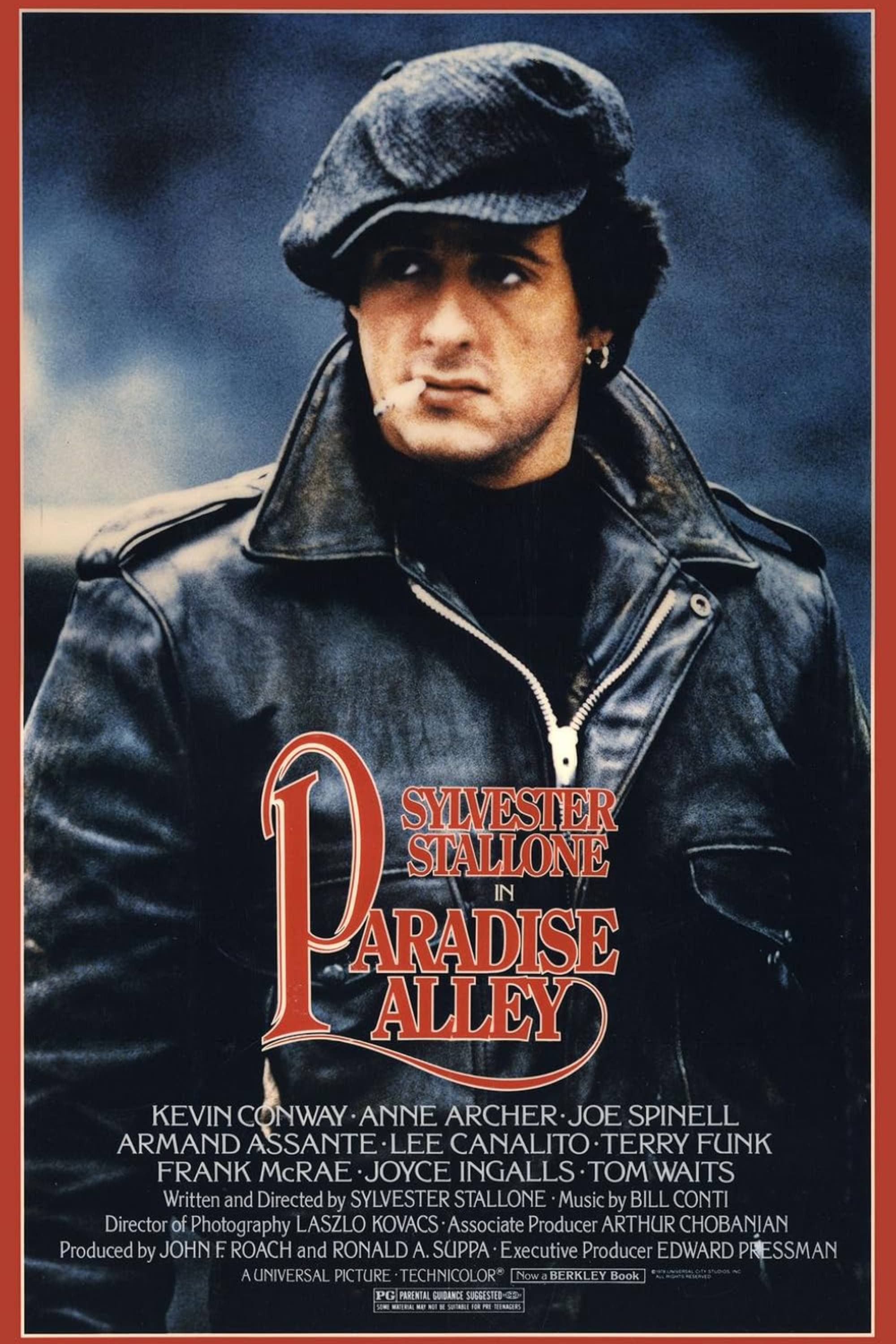
Set in 1940s New York, three brothers from Hell’s Kitchen enter the world of professional wrestling to escape their tough lives. Their rise to fame and fortune tests their bonds and forces them to confront personal demons, ambition, and loyalty.
- Cast
- Sylvester Stallone , Lee Canalito , Armand Assante , Frank McRae , Anne Archer , Kevin Conway , terry funk , Joyce Ingalls
- Runtime
- 107 Minutes
8 ‘After Earth’ (2013)
Directed by M. Night Shyamalan
“Fear is a choice—but so is accountability.” This disappointing sci-fi adventure stars Will and Jaden Smith, with Will also serving as the producer and story creator. The plot follows Kitai (Jaden), a young cadet stranded on a post-apocalyptic Earth with his injured father, Cypher (Will). Tasked with traversing the hostile planet to find a rescue beacon, Kitai embarks on a journey of survival and self-discovery.
The movie is steeped in themes of father-son bonding but is undone by its uninspired dialogue, dull pacing, and a general lack of nuance. Jaden doesn’t succeed as an action hero, and the lackluster special effects don’t do him any favors. Ultimately, After Earth represents a failed attempt to expand the Smith family brand, so much so that Will later expressed regret over casting Jaden in the movie. In 2015, he calledAfter Earth “the most painful failure in [his] career.”
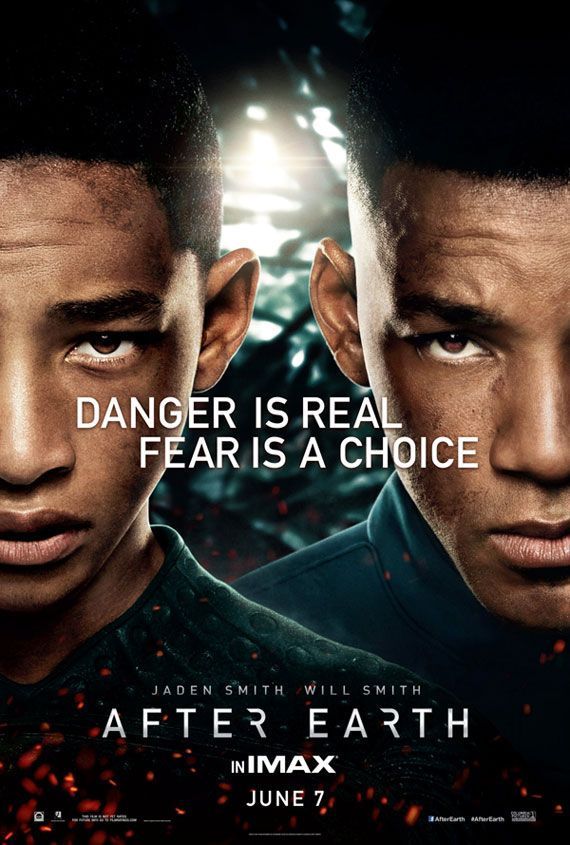
7 ‘On Deadly Ground’ (1994)
Directed by Steven Seagal
“What does it take to change the essence of a man?” On Deadly Ground sees the king of trashy action Steven Seagal stepping behind the camera for his directorial debut. He also leads the cast as Forrest Taft, an oil rig firefighter turned environmental crusader. When he discovers that his employer is knowingly endangering the environment, Taft takes on an army of corrupt corporate goons to save Alaska’s wilderness.
There’s a half-baked environmental message somewhere in there, hidden under over-the-top action sequences and preachy monologues. The attempt to add serious themes to B-movie escapist violence fails spectacularly, resulting in many moments of unintentional humor. It’s all unbelievably corny and self-aggrandizing, with Taft portrayed as a spiritual warrior with ties to the Inuits. Unsurprisingly, critics eviscerated On Deadly Ground, with many ranking it among the very worst movies of 1994. It rightly won Seagal the Razzie for Worst Director.
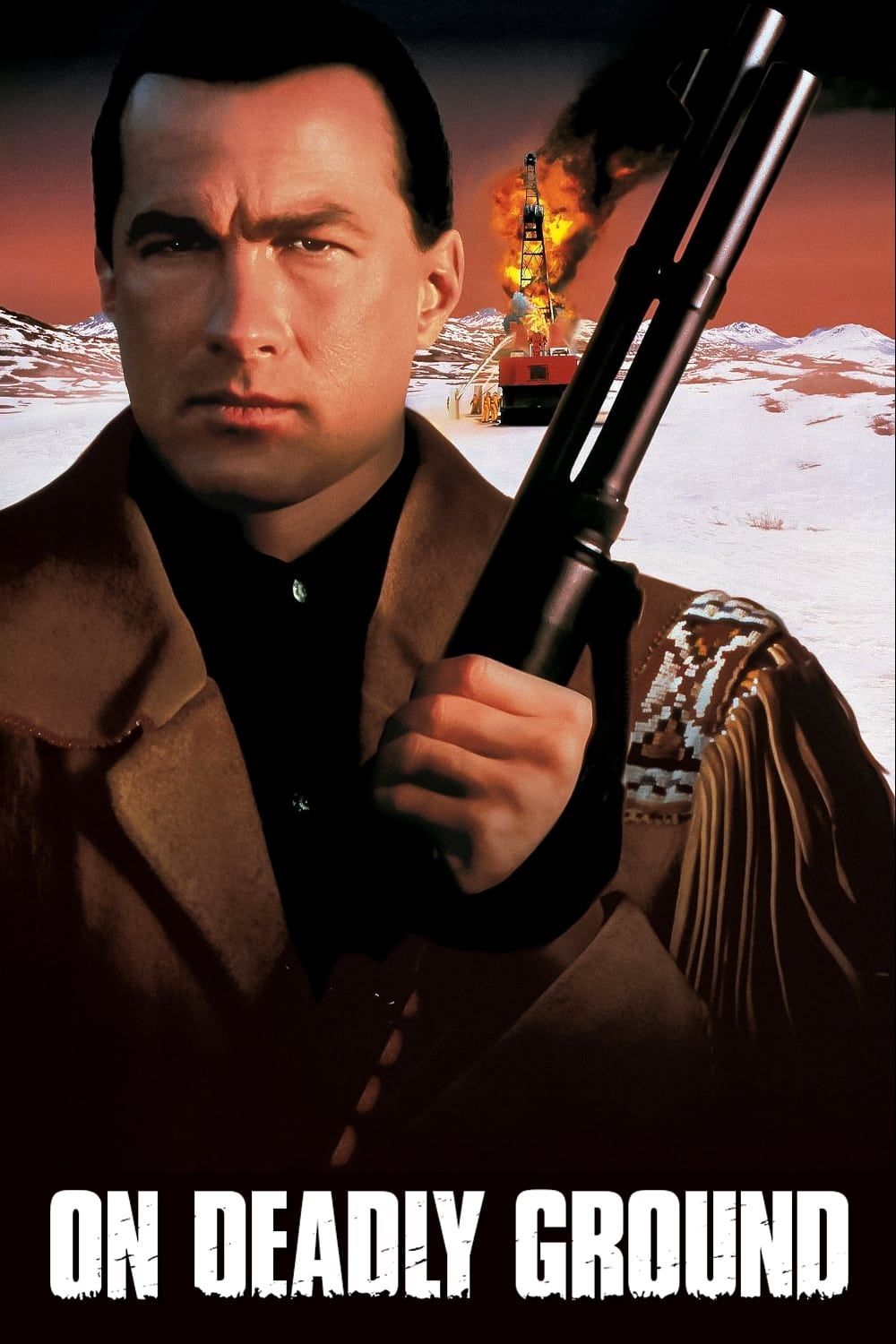
On Deadly Ground
- Cast
- steven seagal , Michael Caine , Joan Chen , John C. McGinley
- Runtime
- 101 minutes
6 ‘The Brown Bunny’ (2003)
Directed by Vincent Gallo
“I just wanted to find her again.” The Brown Bunny is a controversial indie film written, directed, produced, edited, and starred in by Vincent Gallo, who also made the superior Buffalo 66. The plot, such as it is, follows Bud Clay (Gallo), a motorcycle racer traveling cross-country while grappling with his guilt and longing for his lost love, Daisy (Chloë Sevigny). The film is infamous for its slow pacing, minimal dialogue, and explicit content, particularly a graphic and unsimulated scene between Gallo and Sevigny that overshadowed any narrative ambition.
The whole thing is shockingly self-absorbed, like the worst kind of student film. It’s also pretentious, aspiring to be arty but winding up lame and confusing. That said, some critics and filmmakers have praised its aesthetics and supposed honesty. In the end, however, Gallo’s exploration of his own self-loathing doesn’t translate into compelling filmmaking. He clearly found it fascinating and brilliant, but most viewers will find it distasteful.
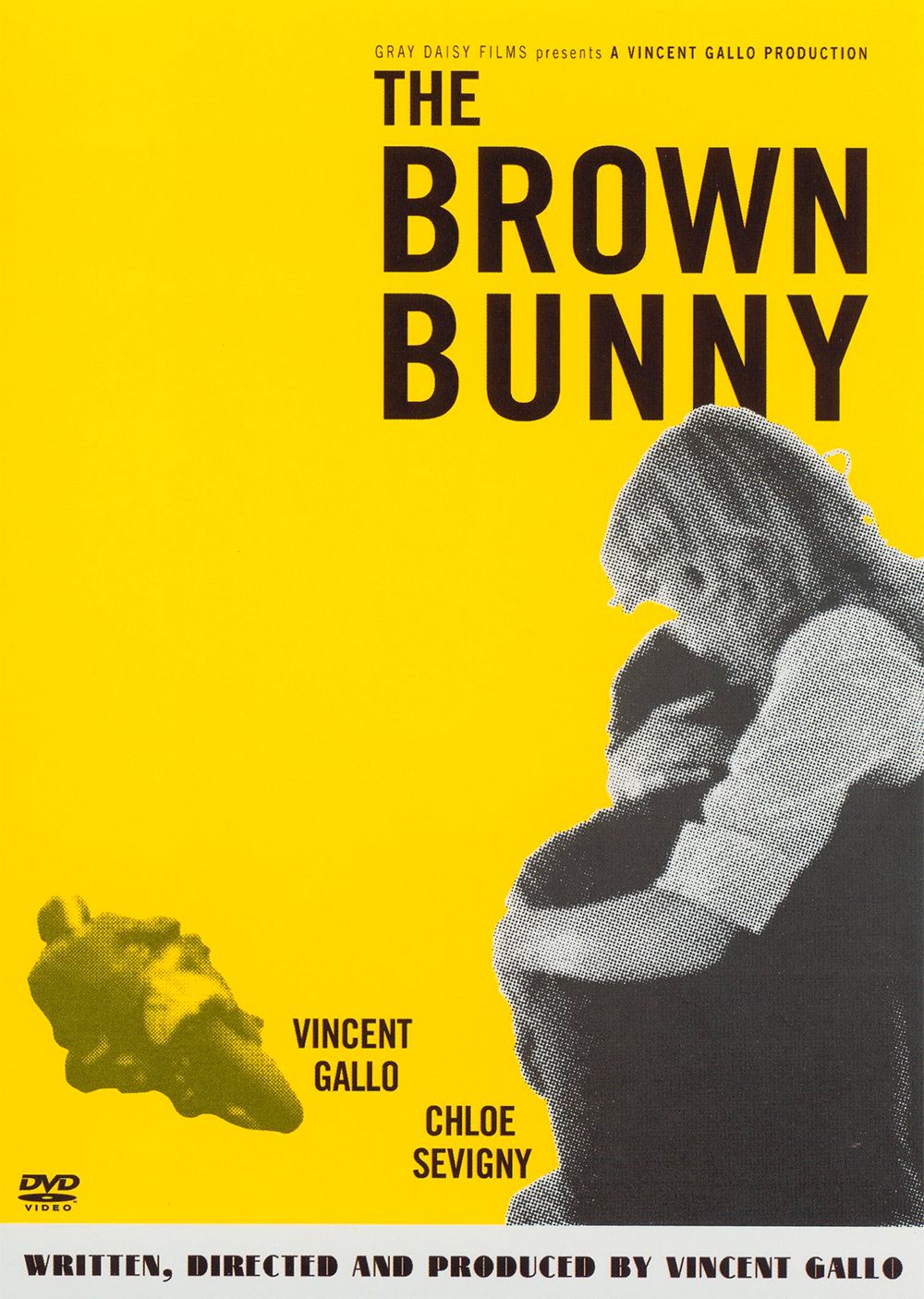
The Brown Bunny
Professional motorcycle racer Bud Clay heads from New Hampshire to California to race again. Along the way he meets various needy women who provide him with the cure to his own loneliness, but only a certain woman from his past will truly satisfy him.
- Runtime
- 119 Minutes
- Main Genre
- Drama
5 ‘Swept Away’ (2002)
Directed by Guy Ritchie
“Love is just another form of power, isn’t it?” This remake by Guy Ritchie stars his then-wife Madonna as a wealthy and spoiled woman stranded on a deserted island with a working-class fisherman (Adriano Giannini). The film aims to explore themes of class and romance but is bogged down by clunky dialogue, awkward performances, and an overall lack of chemistry between the leads. It also seems to misunderstand the main ideas of the 1974 Italian original.
As both star and producer, Madonna’s heavy involvement in the project makes it feel more like a personal showcase than a well-rounded story. On the directing side, Ritchie’s usual storytelling energy is wholly absent. Whereas most of his movies are cheeky and fun, Swept Away is dull and drawn-out. It dominated that year’s Razzies, with Madonna winning Worst Actress as well as Worst Supporting Actress (for Die Another Day). What a trainwreck.
RENT ON APPLE TV
4 ‘The Room’ (2003)
Directed by Tommy Wiseau
“Oh, hi, Mark.” The Room stands apart from most of the entries on this list in that it’s so bad it’s good. Written, directed, produced, and starring Tommy Wiseau, as well as drawing substantially from his own life, it tells the story of Johnny, a successful banker betrayed by his fiancée, Lisa (Juliette Danielle), who has an affair with his best friend, Mark (Greg Sestero). Intended as a serious romantic drama, the film’s odd dialogue, random subplots, and unintentional humor turned it into a cult phenomenon.
The characters completely lack realism. They speak in non sequiturs and their actions frequently defy logic. Plus, Wiseau’s navel-gazing is staggering, with the movie feeling more like a dashed-off diary entry than a story meant to appeal to general viewers. While it fails on almost every level as a conventional film, The Room‘s eccentric charm and sheer ridiculousness make it a fun ironic watch.
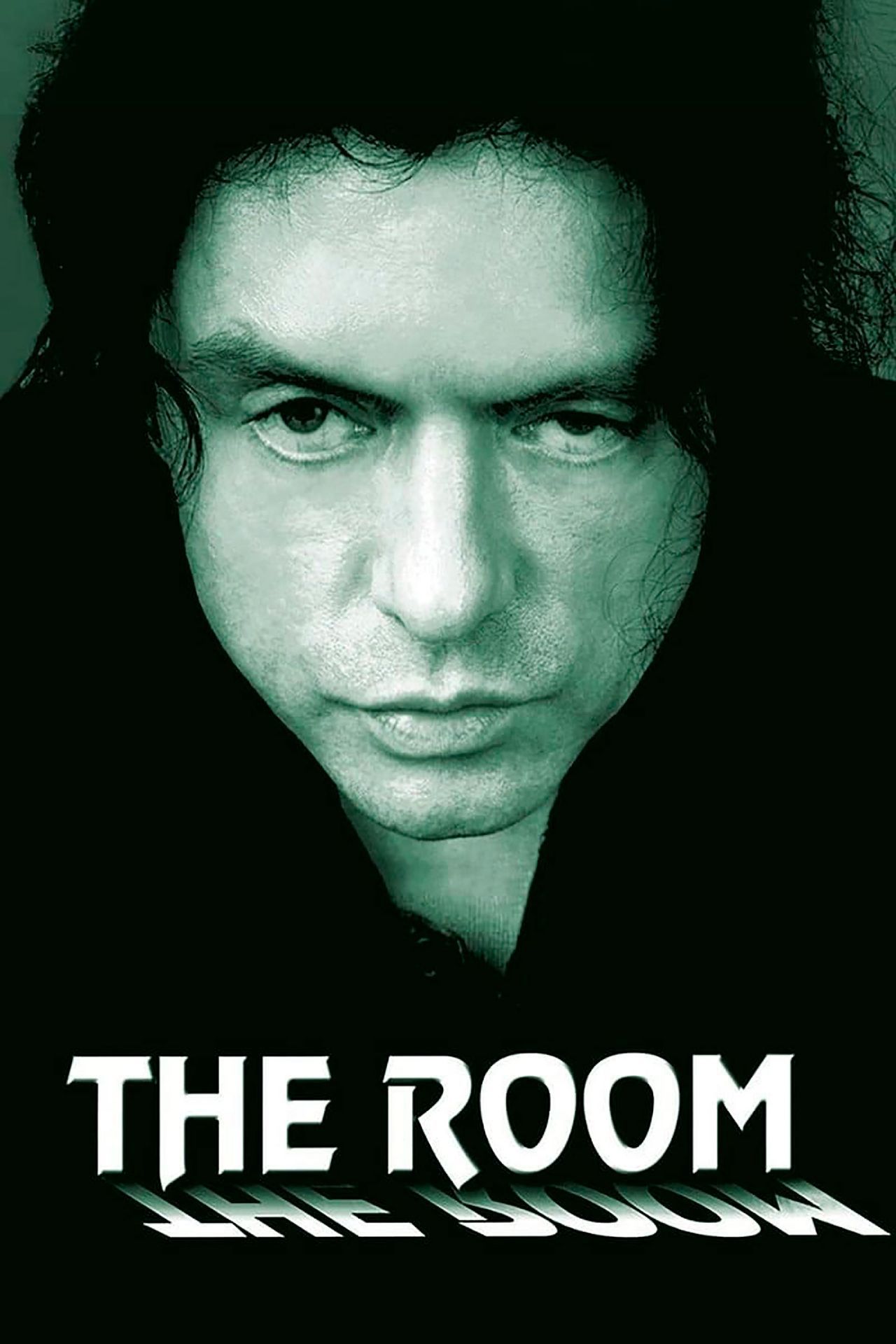
The Room is an experimental romantic drama film by the infamous Tommy Wiseau that sees the writer/director/producer star in the lead role of Johnny, a successful man with a comfortable life whose world is turned upside down when his best friend begins an affair with his wife. Considered a box-office bomb initially derided for its off-putting performances and completely erratic subplots, the movie has emerged as a quintessential cult classic and sees regular theater viewing events across the United States. The film later went on to have a dramatization of the true story based on Greg Sestero’s book, The Disaster Artist.
- Cast
- Tommy Wiseau , Juliette Danielle , Greg Sestero , Philip Haldiman , Carolyn Minnott , Robyn Paris
- Runtime
- 99 minutes
3 ‘Battlefield Earth’ (2000)
Directed by Roger Christian
“While you were still learning to spell your name, I was being trained to conquer galaxies!” Battlefield Earth is the complete inverse of The Room in that its awfulness makes it actively unpleasant to watch. Based on an L. Rob Hubbard novel, this sci-fi disaster features co-producer John Travolta as Terl, a tyrannical alien overseeing Earth’’ subjugation by the Psychlo race.
Travolta, a devout Scientologist, championed the project as a labor of love, but the convoluted plot, garish production design, and laughable dialogue earned it widespread ridicule. A stupid script, shoddy special effects, and jarring camera angles quickly wear out the viewer’s patience. In terms of the performances, Travolta’s over-the-top turn as the villain is unintentionally comedic, overshadowing the film’s attempts at drama. It almost seems like he was deliberately trying to torch the goodwill he had generated a few years earlier with Pulp Fiction.
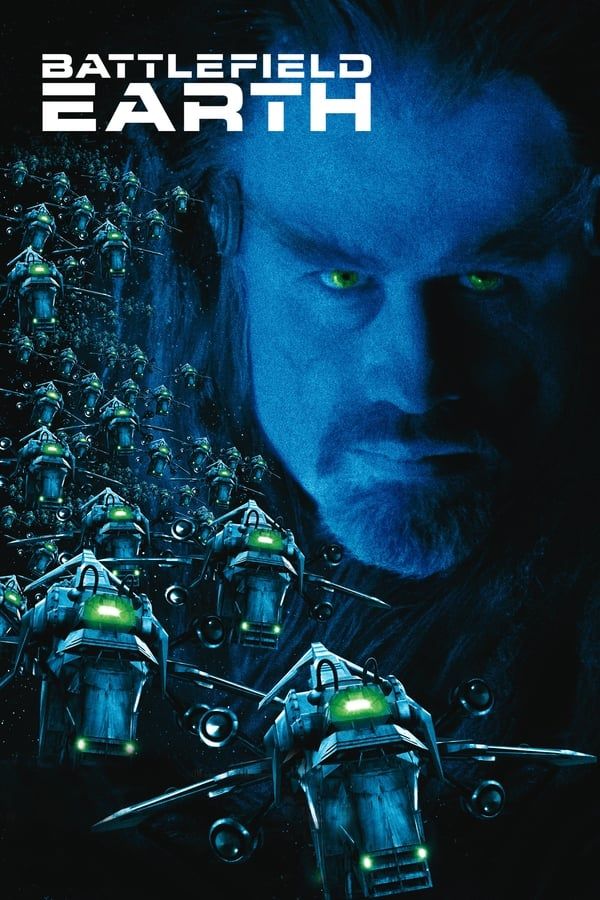
Battlefield Earth
2 ‘Glitter’ (2001)
Directed by Vondie Curtis-Hall
“Music is who I am; it’s not just what I do.” This dysfunctional star vehicle features Mariah Carey as Billie Frank, an aspiring singer who rises to fame while navigating a troubled personal life. Released alongside Carey’s soundtrack album, the film was intended to launch her acting career but was instead met with scathing reviews for its cliché-ridden plot and wooden performances. That said, Carey was at least just the star, rather than the director, writer, and producer as well, which makes it a little less cringe-y.
Many scenes strain credulity and the plot oscillates between dull and ridiculous. Indeed, Glitter was quickly canonized as one of the worst movies of all time. Even Carey has admitted that it was a stinker. “[The film] started out as a concept with substance, but it ended up being geared to 10-year-olds. It lost a lot of grit. It was gritless, in fact. I kind of got in over my head,” she has said.
Glitter
- Cast
- Mariah Carey , Max Beesley , Da Brat , Tia Texada , Valarie Pettiford , Ann Magnuson
- Runtime
- 104
- Writers
- Cheryl L. West , Kate Lanier
RENT ON APPLE TV
1 ‘Get Even’ (1993)
Directed by John De Hart
“Justice isn’t served cold—it’s served with a song.” When it comes to the most egregious vanity projects, it’s hard to top Get Even (aka Road to Revenge and Champagne and Bullets), a painfully amateurish action film written, directed, produced, and starring John De Hart. He plays Rick Bode, a former cop who uncovers corruption while trying to clear his name. Along the way, he delivers laughable monologues, performs cringe-worthy songs, and engages in awkward fight scenes, all of it clearly intended to glory De Hart himself.
The movie is so vain that it becomes both uncomfortable and mesmerizing. De Hart’s desire to portray himself as a tough, self-assured hero makes the film strangely compelling, even if unintentionally so. It’s a bizarre revelation of insecurities and narcissism that is unlike anything else. For this reason, Get Even is a cult classic among ‘so bad it’s good’ aficionados.
